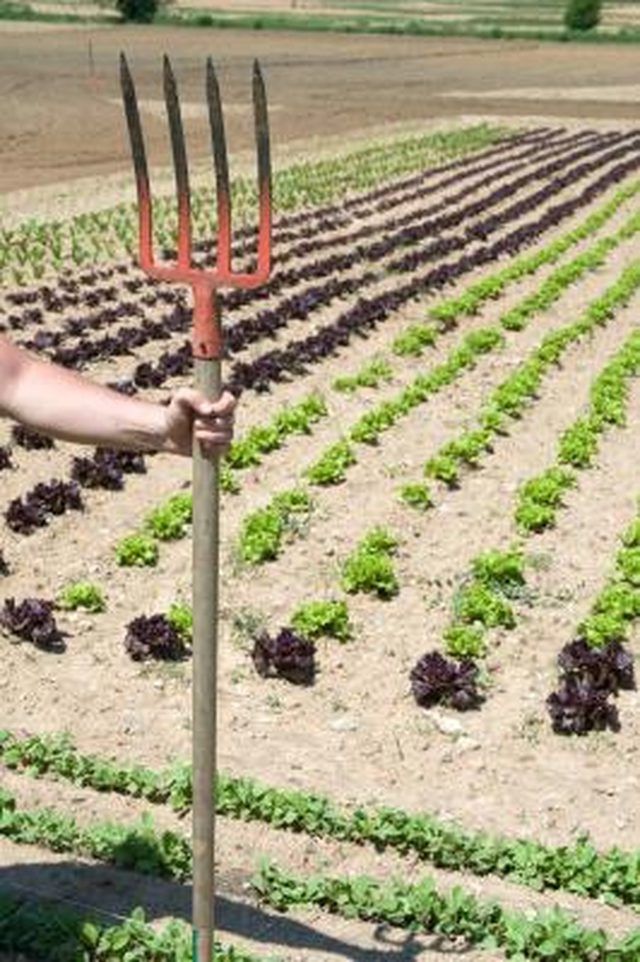Bulbs
Flower Basics
Flower Beds & Specialty Gardens
Flower Garden
Garden Furniture
Garden Gnomes
Garden Seeds
Garden Sheds
Garden Statues
Garden Tools & Supplies
Gardening Basics
Green & Organic
Groundcovers & Vines
Growing Annuals
Growing Basil
Growing Beans
Growing Berries
Growing Blueberries
Growing Cactus
Growing Corn
Growing Cotton
Growing Edibles
Growing Flowers
Growing Garlic
Growing Grapes
Growing Grass
Growing Herbs
Growing Jasmine
Growing Mint
Growing Mushrooms
Orchids
Growing Peanuts
Growing Perennials
Growing Plants
Growing Rosemary
Growing Roses
Growing Strawberries
Growing Sunflowers
Growing Thyme
Growing Tomatoes
Growing Tulips
Growing Vegetables
Herb Basics
Herb Garden
Indoor Growing
Landscaping Basics
Landscaping Patios
Landscaping Plants
Landscaping Shrubs
Landscaping Trees
Landscaping Walks & Pathways
Lawn Basics
Lawn Maintenance
Lawn Mowers
Lawn Ornaments
Lawn Planting
Lawn Tools
Outdoor Growing
Overall Landscape Planning
Pests, Weeds & Problems
Plant Basics
Rock Garden
Rose Garden
Shrubs
Soil
Specialty Gardens
Trees
Vegetable Garden
Yard Maintenance
Is It Good to Put a Weed Barrier in a Vegetable Garden?
Is It Good to Put a Weed Barrier in a Vegetable Garden?. Weeds, the mortal enemies of vegetable gardeners, can destroy entire gardens and crops if not controlled. To control weeds in the vegetable garden, farmers use different organic and non-organic methods that include weedkillers, weed removal and weed prevention.

Weeds, the mortal enemies of vegetable gardeners, can destroy entire gardens and crops if not controlled. To control weeds in the vegetable garden, farmers use different organic and non-organic methods that include weedkillers, weed removal and weed prevention.
Significance
Weed barriers lay on the soil surface to prevent weed seeds from growing. Varieties made from geotextile and synthetic materials exist and allow the exchange of water and air through holes in the barrier sheets. However, gardeners also may choose less expensive and easier to obtain materials such as organic mulches, straw and yard clippings.
Disadvantages
No method of weed prevention is permanent protection against the parasitic invaders, and weed barriers are no different. Organic mulches and landscape fabric weed barriers require yearly replacement to prevent weeds from germinating in compost and soil deposits that collect on top of weed barriers.
Considerations
Denyse Cummins of the LSU AgCenter recommends using organic mulches such as wood chips, compost, yard trimmings or straw because of the low cost and benefits provided to the soil by decomposing materials. In addition to these benefits, organic mulches are easier to replace each growing season, requiring only reapplication of materials.